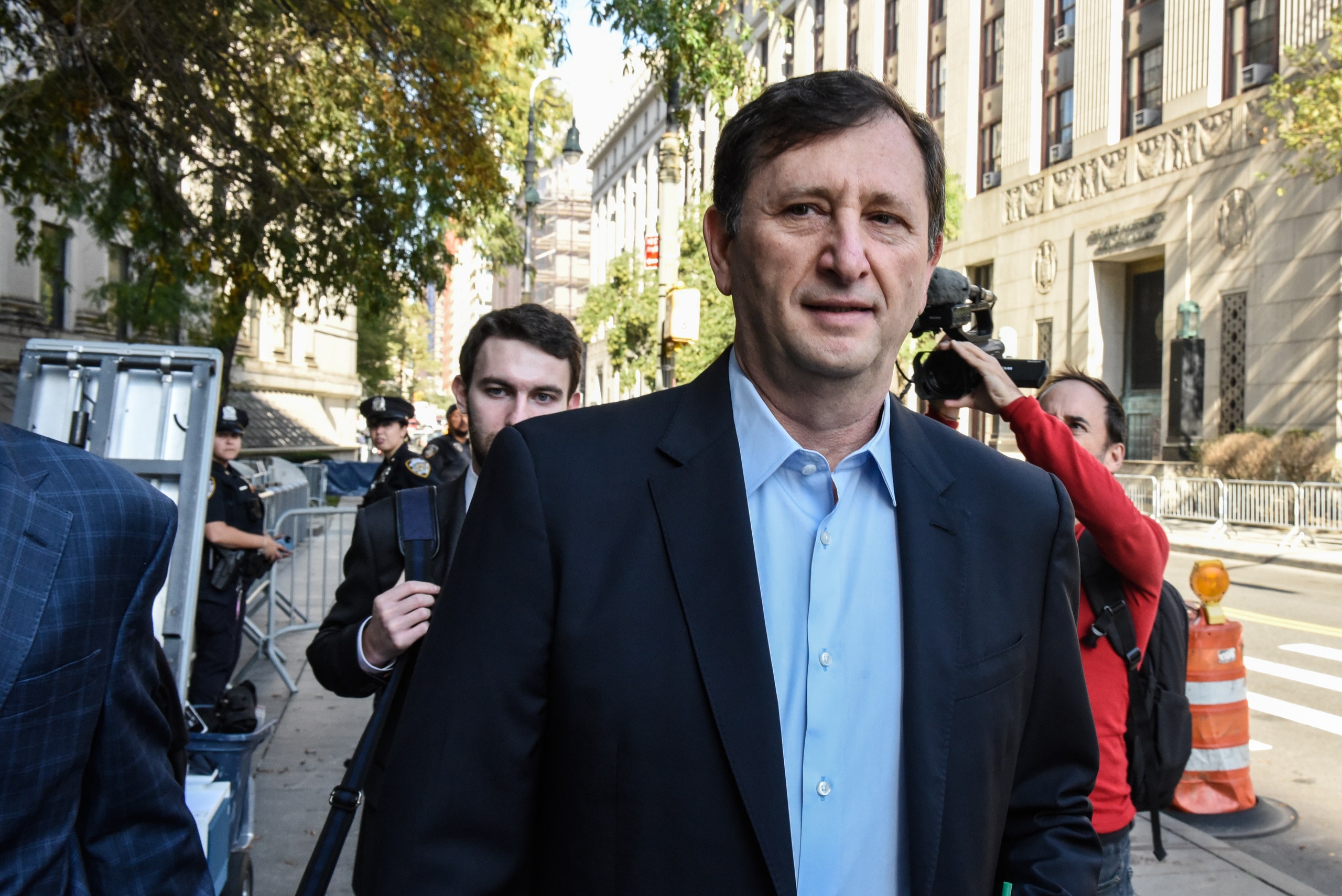
The majority of Celsius creditors have voted in favor of a plan that will see approximately $2 billion worth of Bitcoin and Ethereum returned to creditors.
The creditors involved in the Celsius bankruptcy case have voted in favor of a plan that will see funds returned to them as well as distributing equity through a new company.
According to a Sept. 25 filing from bankruptcy firm Stretto, most of the classes voted in favor of the plan by more than 98%.
The voting results are in! Over 95% of creditors across all eligible classes voted to accept the Plan, a testament to our collaborative efforts during Chapter 11. https://t.co/9Z5xlBhNts @CelsiusUcc @FahrenheitHldg.
— Celsius (@CelsiusNetwork) September 25, 2023
While voters have made a near-unanimous decision on the plan, the plan still needs final approval at a confirmation hearing in the United States Bankruptcy Court for the Southern District of New York scheduled for Oct. 2.

According to a disclosure statement filed on Aug. 17, the current plan will see approximately $2 billion worth of Bitcoin (BTC) and Ether (ETH) redistributed to Celsius Network creditors. The plan will also distribute equity in a new company, temporarily dubbed “NewCo.”
“NewCo will operate and further build out the Debtors’ Bitcoin mining operations, stake Ethereum, monetize the Debtors’ other illiquid assets, and develop new, value-accretive, regulatory-compliant business opportunities," it wrote.
Notably, the new company will be managed by the Fahrenheit Group — a consortium of crypto-native individuals and organizations including former Algorand CEO Steven Kokinos, venture capital firm Arrington Capital, crypto miner US Bitcoin Corp, Proof Group Capital Management and Arrington Capital advisor Ravi Kaza.
Related: Celsius creditors flag renewed phishing attacks ahead of bankruptcy plan
Celsius Network was one of the first major casualties of the 2022 bear market, with the now-defunct crypto lender filing for bankruptcy on July 14, 2022.
On July 13, 2023, the SEC sued Celsius and its former CEO Alex Mashinsky for allegedly raising billions of dollars through unregistered and fraudulent offers involving “crypto asset securities.”
Mashinsky was then arrested on the same day, following an indictment from the U.S. Department of Justice, which accused the former CEO of fraudulent financial activity, misleading investors and a number of other similar charges.
Magazine: How to protect your crypto in a volatile market — Bitcoin OGs and experts weigh in





